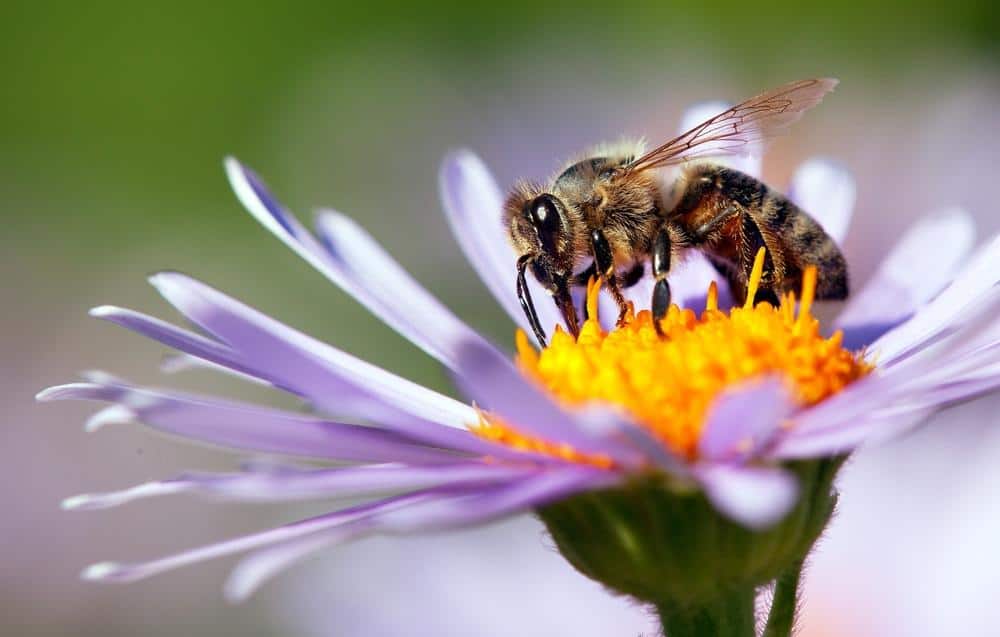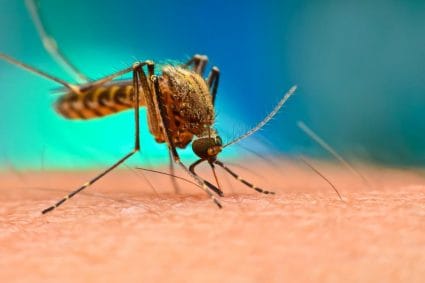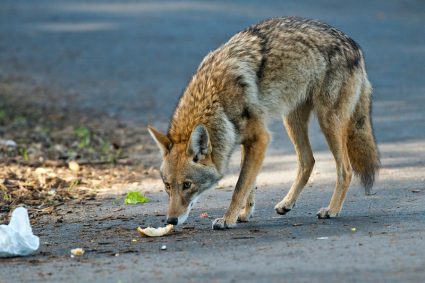
Bees and wasps play crucial roles in our ecosystem, from pollinating a wide variety of plants to helping control pest populations. However, for those of us who prefer to enjoy our outdoor spaces without the company of these stinging insects, finding effective methods to repel them is essential. This comprehensive guide will provide you with all the information you need to repel bees and wasps effectively and safely.
To repel bees and wasps, consider growing plants they dislike such as lemongrass, peppermint, thyme, and eucalyptus. You can also use essential oils like citronella, clove, and peppermint, or deterrents like cayenne pepper, cucumber slices, and vinegar. For wasps, set up traps, hang fake nests, and seal cracks around your home. Always remember to avoid bright colors and sweet scents, and keep outdoor areas clean. If infestations are severe, consider professional pest control services.
Understanding Bees and Wasps
Before we delve into the methods of repelling these insects, it’s important to understand the key differences between bees and wasps. Bees are generally more full-bodied, hairy, and fuzzy, while wasps have slim bodies, slender legs, and shiny, non-hairy bodies. Bees are herbivores, feeding on pollen and nectar, whereas wasps are carnivores, feeding on other insects.
These differences influence the methods used to repel them. Bees are repelled by natural elements like neem, mint, citronella, eucalyptus, and cloves. Wasps, on the other hand, are deterred by plants like spearmint, thyme, eucalyptus, wormwood, basil, bay leaves, lemongrass, and citronella grass.
Repelling Bees and Wasps Naturally
Plants
One of the best ways to repel bees and wasps is by growing plants that they dislike around your property. Some bee and wasp-repellent plants include lemongrass, peppermint, thyme, eucalyptus, wormwood, bay leaves, citronella, marigolds, and geraniums.
Essential Oils
Using essential oils can also help deter these insects. Some effective oils include citronella, clove, geranium, lemongrass, and peppermint. You can mix these oils with water and dish soap in a spray bottle and apply the mixture to areas where wasps tend to build nests.
Cayenne Pepper
Sprinkling cayenne pepper generously on the soil can deter ground bees.
Cucumber
Place sliced cucumber on aluminum foil or in an aluminum pie dish. The chemical reaction that occurs repels bees.
Vinegar
A mixture of vinegar and water sprayed directly onto wasp nests can cause the wasps to fall out and die.
Smoke
Smoke from a campfire or a smoky candle can deter bees from approaching an area.
Wasp Traps
Setting up wasp traps with sweet liquid bait can attract and trap wasps.
Fake Wasp Nests
Hanging fake wasp nests can deter wasps from building nests nearby, as they are territorial and avoid areas with existing nests.
Sealing Cracks and Crevices
Seal up cracks around your home or foundation to prevent wasps from making nests in these spaces.
Remember to avoid wearing bright colors and sweet scents, as bees and wasps are attracted to them. Also, keep your outdoor areas clean and free of food scraps to prevent attracting wasps.
Professional Options for Repelling Bees and Wasps
If the infestation is severe or if you are allergic to bee or wasp stings, it may be best to hire a pest control expert. They can safely remove nests, apply treatments to prevent re-infestations, and provide advice on preventative measures.
Balancing Repellence with Ecosystem Importance
Remember, while bees and wasps can be annoying and potentially dangerous, they play crucial roles in our ecosystem. As such, it’s important to use methods that repel them without causing harm. By using natural repellents and being mindful of our actions, we can coexist peacefully with these beneficial insects.
Conclusion
Whether you’re dealing with a full-blown infestation or just a few pesky visitors, understanding how to effectively repel bees and wasps can make your outdoor experiences much more enjoyable. Remember, the goal is to deter these insects, not harm them. With the tips and methods outlined in this guide, you’ll be well-equipped to keep these stinging insects at bay while still respecting their vital role in our ecosystem.
Frequently Asked Questions
What should I do if I’m stung by a bee or wasp?
If you’re stung by a bee or wasp, it’s important to remove the stinger as soon as possible. This can be done by scraping the area with a credit card or your fingernails. Avoid using tweezers as squeezing the stinger can release more venom. After removing the stinger, wash the area with soap and water, apply a cold pack to reduce swelling, and consider taking an over-the-counter pain reliever if needed. If you experience symptoms like difficulty breathing, hives, or swelling of the face, lips, or throat, seek immediate medical attention as these could be signs of an allergic reaction.
Can I use the same methods to repel bees and wasps indoors?
Yes, many of the methods outlined above can be used indoors as well. Essential oils, for example, can be diffused in the home to deter bees and wasps. Sealing cracks and crevices can prevent them from entering your home in the first place. However, if you have a severe indoor infestation, it’s best to call a pest control professional.
Are there specific colors that bees and wasps are attracted to?
Yes, bees and wasps are attracted to bright colors, especially floral patterns, as they mimic the flowers they feed on. They are also attracted to dark colors, which they associate with predators. If you want to avoid attracting bees and wasps, it’s best to wear light, solid colors.
Are there any other insects that these methods will repel?
Yes, many of the plants and essential oils mentioned in this article are also effective at repelling other insects. For example, citronella and lemongrass are known to repel mosquitoes, and peppermint can deter ants and spiders.
What other food items can attract bees and wasps?
In addition to food scraps, sweet drinks, fruits, and meat can attract bees and wasps. It’s important to keep food and drinks covered when eating outdoors and to clean up thoroughly afterward.









